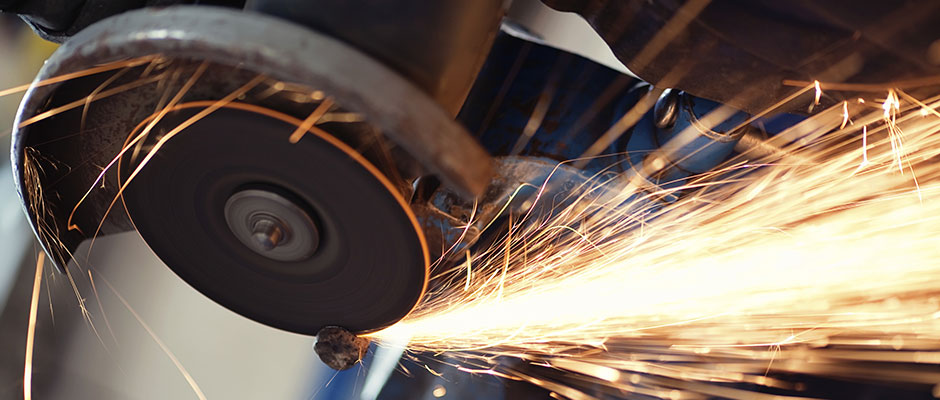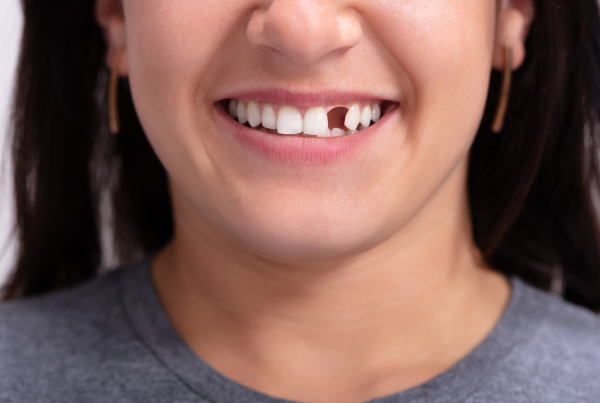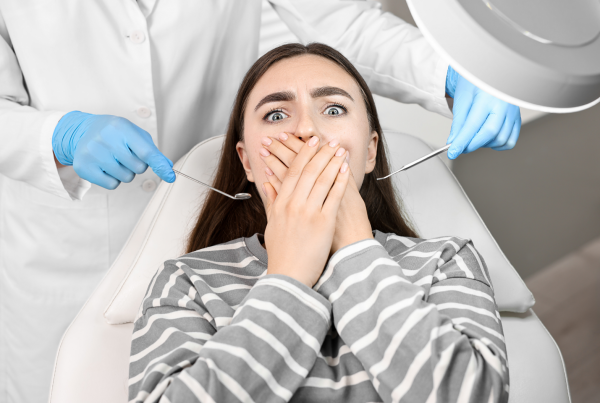Do you find yourself occasionally clenching your teeth or grinding then in moments of anger or frustration? Most of us do this every now and then and it’s unlikely to cause any real harm. It’s a different matter if this develops into a regular habit as it can cause substantial damage to the teeth, gums and even the joints in your jaw.
Clenching and grinding is called bruxism and is thought to be related to higher levels of stress and anxiety. It most frequently occurs during sleep, and it can also be associated with an abnormal bite, or having teeth that are crooked or missing.
One of the problems with bruxism is that people are often unaware they have this habit. It’s something that usually comes to light during regular dental checkups at Tsawwassen Place Dental Clinic, or sometimes people will learn they have this behaviour when told so by their sleeping partner as it can be quite noisy. There are also various symptoms that can occur as a result of bruxism and these include:
- Noticing your teeth are more sensitive to hot and cold
- Teeth appear more worn down than before or are fractured or chipped
- You may develop jaw pain, or your jaw might feel tight or uncomfortable to open and it could make a popping or clicking sound when you do so
- You may wake up with a dull headache
- You could develop other facial pain or even earache
- It’s more likely that the insides of your cheeks will be damaged from chewing on them
If you do suspect you might have bruxism then it’s a good idea to seek treatment earlier rather than later. In most cases it can be treated relatively easily through using a night splint or night guard. If it isn’t treated then it could cause substantial damage to your teeth or to your temporomandibular joints which are the joints responsible for moving your lower jaw.
Getting Treatment for Bruxism
Your dentist can assess the condition of your teeth and will check for any tenderness in your temporomandibular joints. They will also check to see whether it’s possible this condition can be caused by teeth being out of alignment or any teeth that might be missing as this can lead to changes in the way your teeth bite together.
If your dentist thinks you are grinding your teeth due to misaligned teeth then they’ll recommend treatment to correct this. Sometimes it may be necessary to crown certain teeth or to reshape the chewing surfaces of teeth. Otherwise it might be suggested that you begin to wear a night guard.
This is custom-made out of a thermoplastic material and fits over your upper or lower teeth, preventing them from coming into contact so they cannot be damaged. It can feel quite strange to wear a night guard at first, and it might take several weeks to get used to it but it’s worth persevering as it will protect your teeth. Some people might only need to wear a night guard for a limited period of time while others will need it in the longer term.





